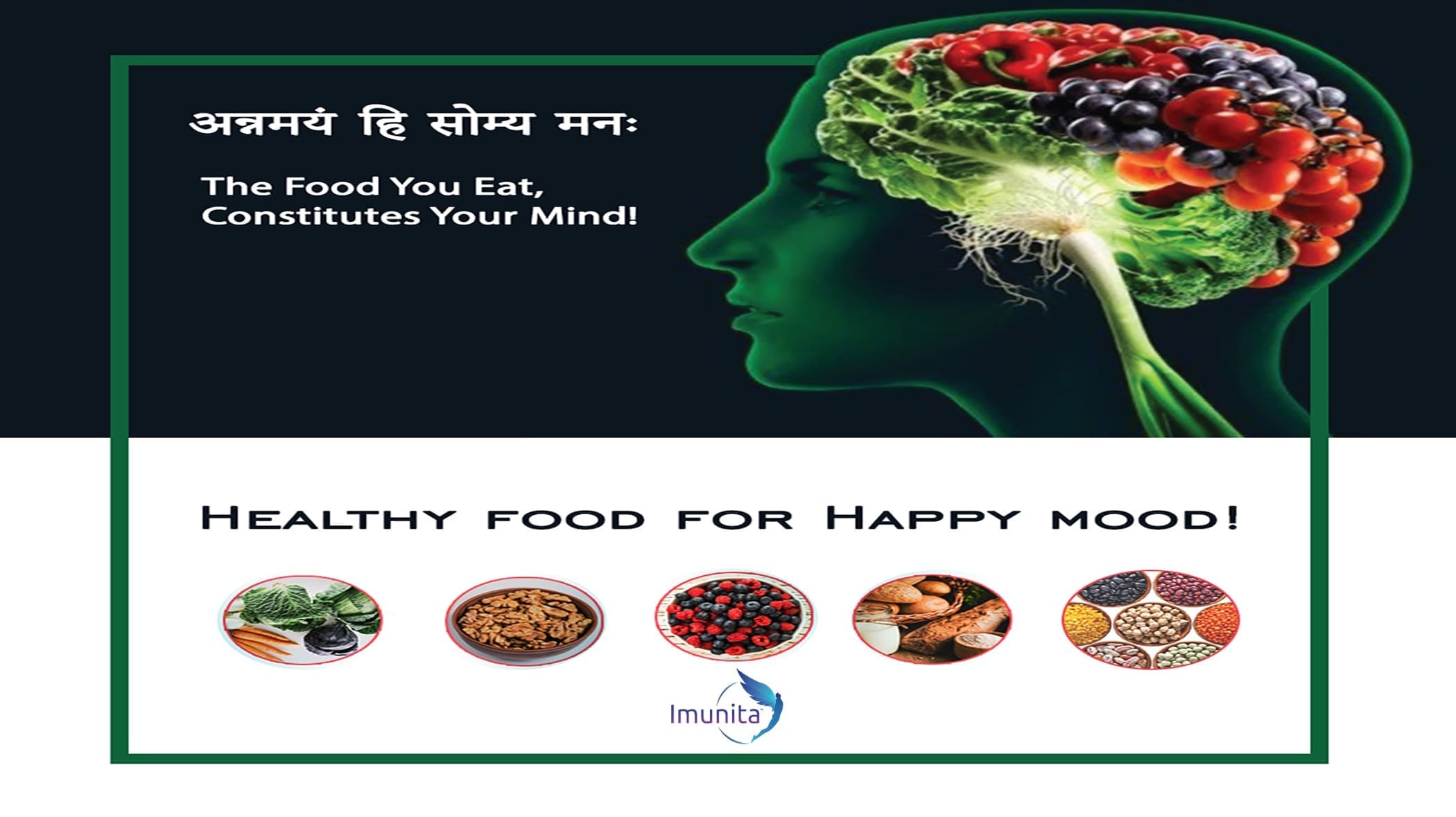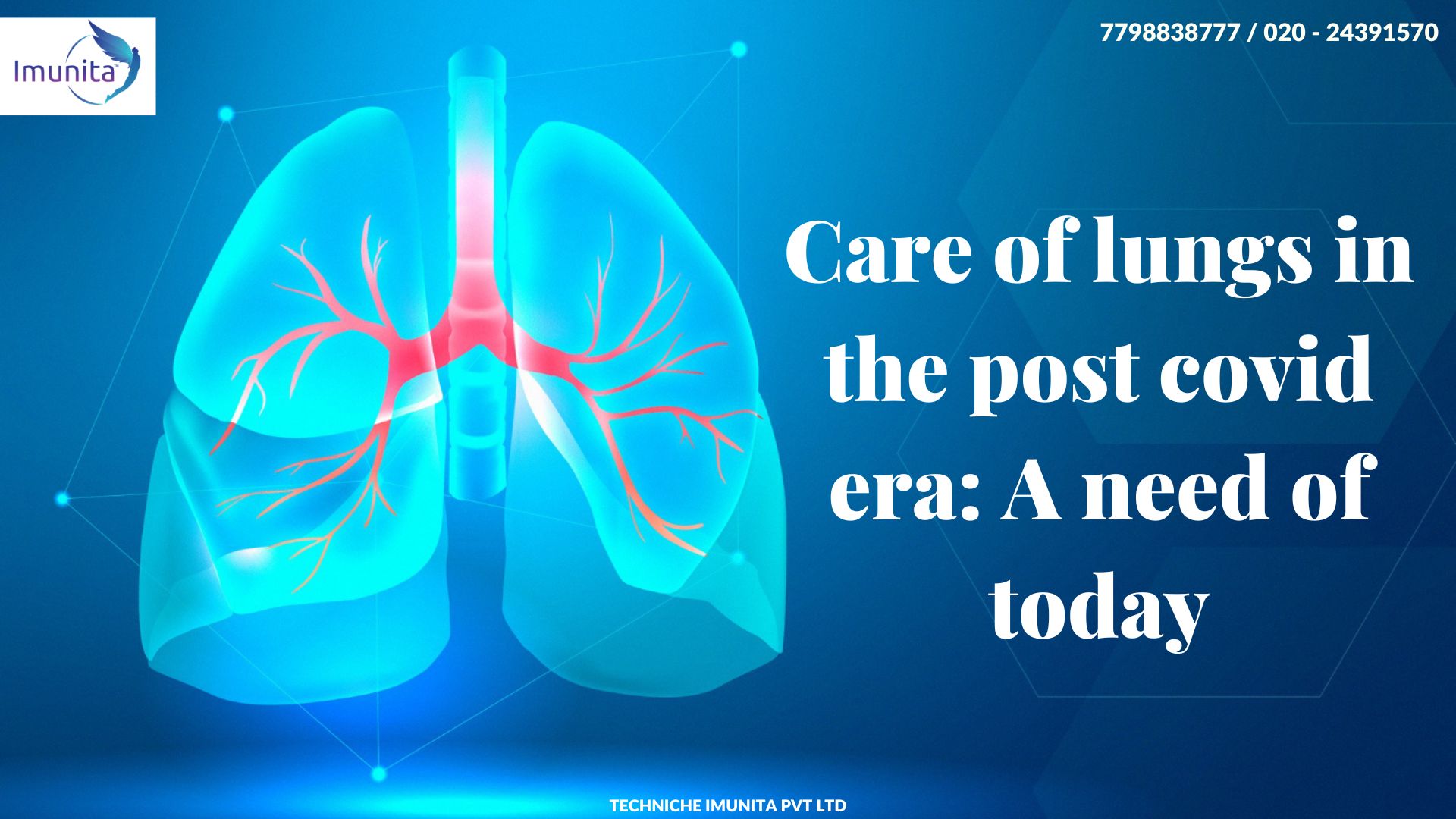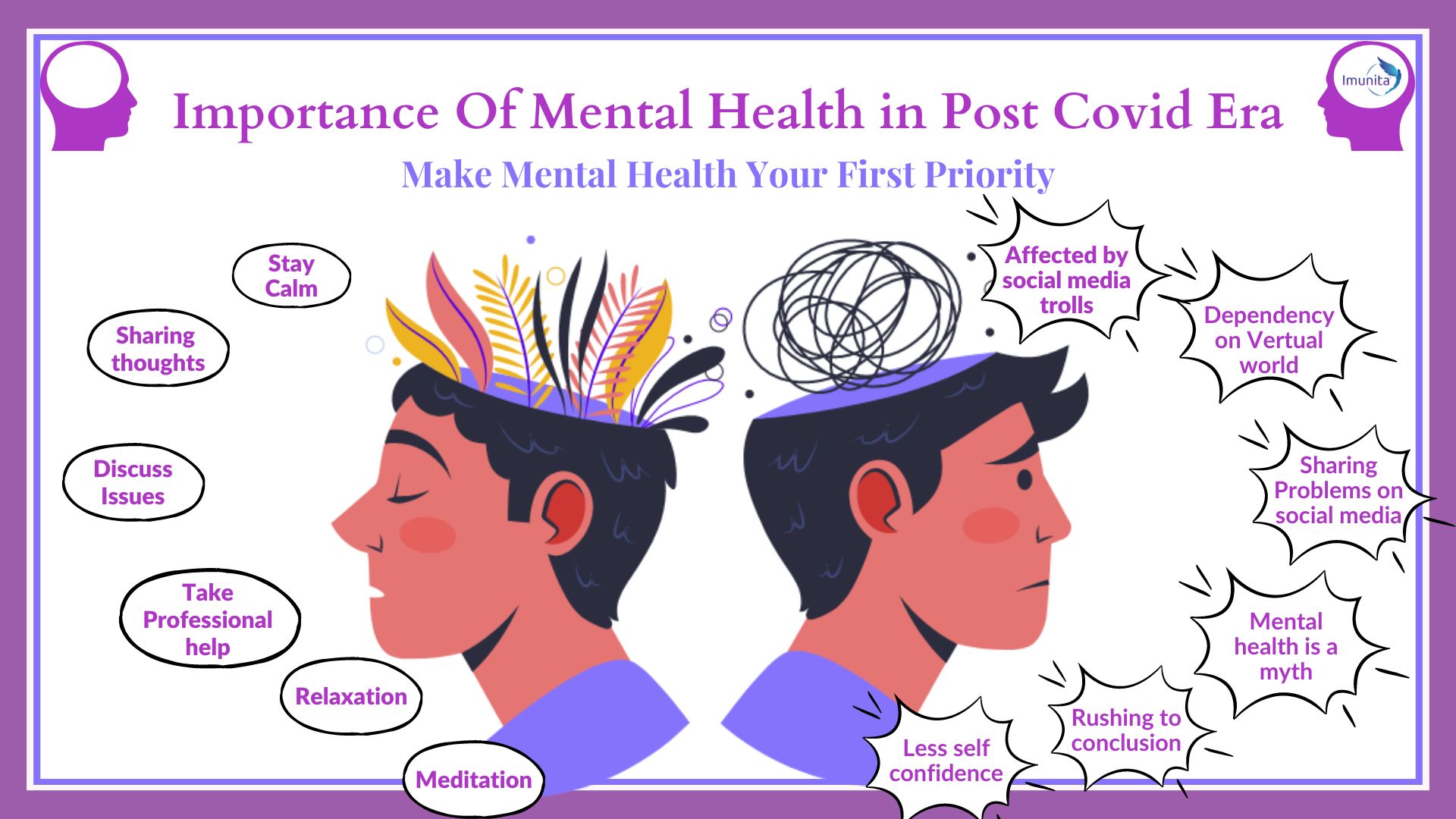It is estimated that India has more than 135 million obese individuals at present. Obesity is considered as the second-leading cause of preventable death in the world. Obesity is also known to be prevalent form of malnutrition which correlates with adverse metabolic effects. Obese individuals are at higher risk of heart disease, diabetes, and other metabolic disorders. These diseases, arising due to obesity are burdening the already weak health system of the country.
The answer to this lifestyle problem is in the age-old tradition of Ayurveda. Ayurveda, which is our indigenous knowledge, encompasses managing the lifestyle to combat diseases and treat the diseases which have occurred. Ayurveda is a way of life which constitutes spiritual, mental, physical, and social wellbeing. Ayurvedic principles of healthy living were/are incorporated into day to day practices like use of medicinal ingredients in traditional cuisine, daily activities and some also in the form of religious rituals. Ayurveda has, thus, perhaps the longest unbroken health tradition in the world. There is emerging global consensus that Ayurveda and Yoga through Swasthavritta, Sadvritta, Asanas, Pranayama, and Meditation can contribute to nonpharmacological management of the most lifestyle diseases occurring due to obesity.
अन्नमयं हि सोम्य मनः । – छांदोग्योपनिषद, अध्याय ६, खंड ६, वाक्य ५
This shloka in Upanishad Ayurveda defines the linking of food and mind. Ayurveda which is more than 5000-year-old science identifies the disease origin as a complex interaction of various factors affecting mind and body. Food intake is considered as the important factor which affects the mind and body. Our food choices guide our health status therefore proper food intake is pre-requisite for a healthy lifestyle.
Diet affects the mind as mind is formed out of the subtlest portion of food. As per Ayurveda, food when consumed is digested and absorbed, the gross particles become excrement, the fine ones is converted into flesh and the superfine ones constitute the mind. Hence as per Ayurveda, the mind is food. It is stated in the Upanishads that by the purity of food one becomes purified in his inner nature and attains memory of the self which causes all ties and attachments to wear off. Diet is of three kind viz., Sattvic diet (Vegetables, Fruits, Milk etc), Rajasic diet (Ghee, Sweets) and Tamasic diet (Meat & Oily food). All these have different effect on health and mind. They act in a different way when consumed in various forms.
The food habits have also changed within the century with increased consumption of meat, dairy products, vegetable oils, fruit juice, and alcoholic beverages which have affected the nutritional status. Earlier the diet included starchy staple foods, such as bread (roti), potatoes, rice, and maize flour, fruits, vegetables, tubers which ensured optimum nutritional gain maintaining proper health and immunity.
Oily, fatty diet is nutrient deficient (macronutrients and micronutrients). Such diets result in undernutrition which is the major factor responsible for impairing the immune system. The ability of the body to fight and resist infections is diminished, and the person suffers from infections and diseases. A wrong combination of diet triggers the onset of several diseases by affecting immunity. All such faulty dietary practices may cause epigenetic changes (gene expression pattern changes) in the body which causes diseases such as cancer, cardiovascular diseases, diabetes etc. There are several factors which acts in synergism or exclusively and cause obesity. These factors affect the central and peripheral system in a bi-directional manner which further links food intake, mood, and obesity. The influence of food choice determines hunger, appetite, and taste. Associated factors that affect the food intake are of cost, income, and availability. Social and psychological factors such as mood, stress, and emotion also play a significant role in food choice. It is noted that many people find it hard to stop eating a particular food even though they are not hungry. Researchers have postulated that such behaviors act upon the brain reward center and alter human behavior. Lack of willpower to overcome overeating diminishes in such individuals which contributes to overeating.
Researchers have provided evidence of neurobiological data and its linkage with presence of food cravings, overeating, and correlated with an addiction-like model. It is observed that numerous neurotransmitters are involved which regulates food intake. Genes, environment, and various emotions/ stress trigger eating of tasty foods to control the negative emotional states. Overeating of palatable foods, rich in carbohydrate, high-fats, and sugar, further leads to obesity. Obesity then causes mood swings due to metabolic disturbances. Metabolic disturbances affect brain-signaling systems leading to a bidirectional and never-ending cycle of mood swings, food craving, and obesity. A complex regulation of mood and eating disorders with linking of epigenetics in mood and eating disorders is associated with obesity and mood swings.



























